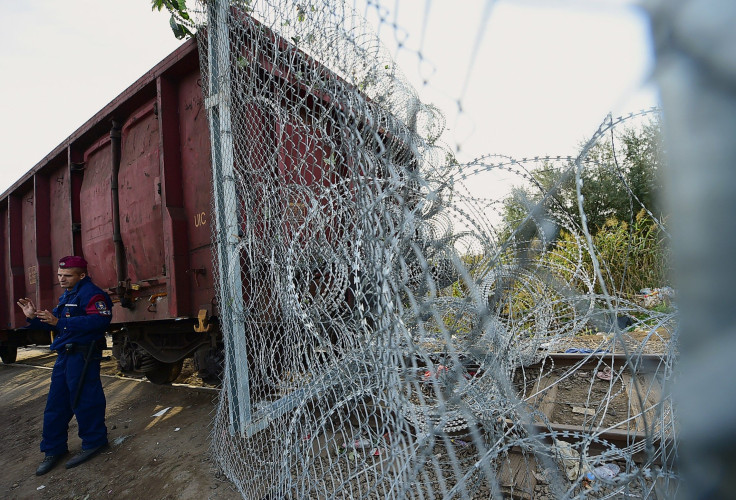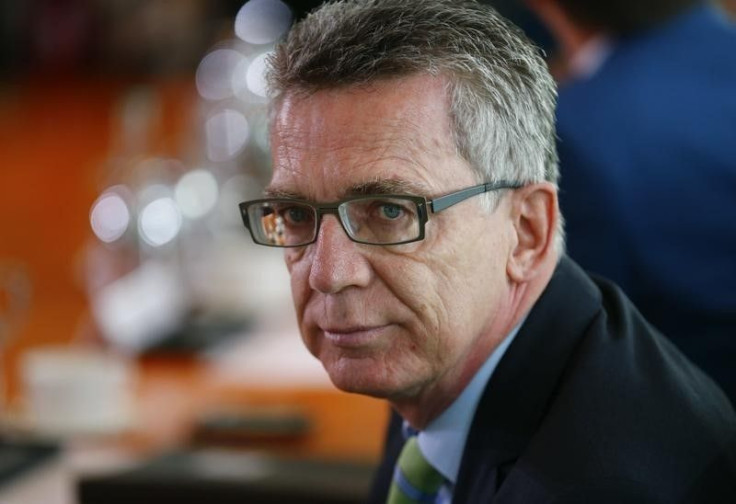EU Refugee Quotas: Germany Threatens Sanctions For Refusing Nations

After several European Union member states refused to accept obligatory refugee quotas, authorities in Germany, a nation that has taken the lead in the refugee crisis, said a quota refusal could lead to sanctions. The rest of the EU needed to put political or economic pressure on the nations that refused, Germany Interior Minister Thomas de Maiziere said Tuesday.
Thousands of refugees have surged into Europe since January, with numbers escalating throughout the summer and as many as several thousand arriving every day. The United Nations has said that the majority of all arrivals qualify as refugees, fleeing political violence in their home countries. Over 380,000 people have arrived in the EU since January.
All of the nations that have refused refugee quotas so far are in Eastern Europe. Leaders from Hungary, Slovakia, Romania, Poland and the Czech Republic have cited different reasons for their refusal, including a desire to welcome only Christian refugees, concerns over funding for an additional strain on social systems or a wish to remain autonomous from EU decision-making.

The German minister pointed out that those countries also happen to be nations that receive large amounts of supplemental funding from European Union funds; money that could be cut off if they continue to refuse quotas. "Those countries that are refusing, nothing happens to them. The refugees simply pass them by," said Maziere in an interview with a German news outlet Tuesday.
The EU as an entity was considering sanctions on those nations, according to a senior diplomat who spoke on the condition of anonymity, Politico reported Tuesday. If the EU were to take such a step, it would be highly unusual and would sanction countries from within its own agreement.
© Copyright IBTimes 2025. All rights reserved.






















